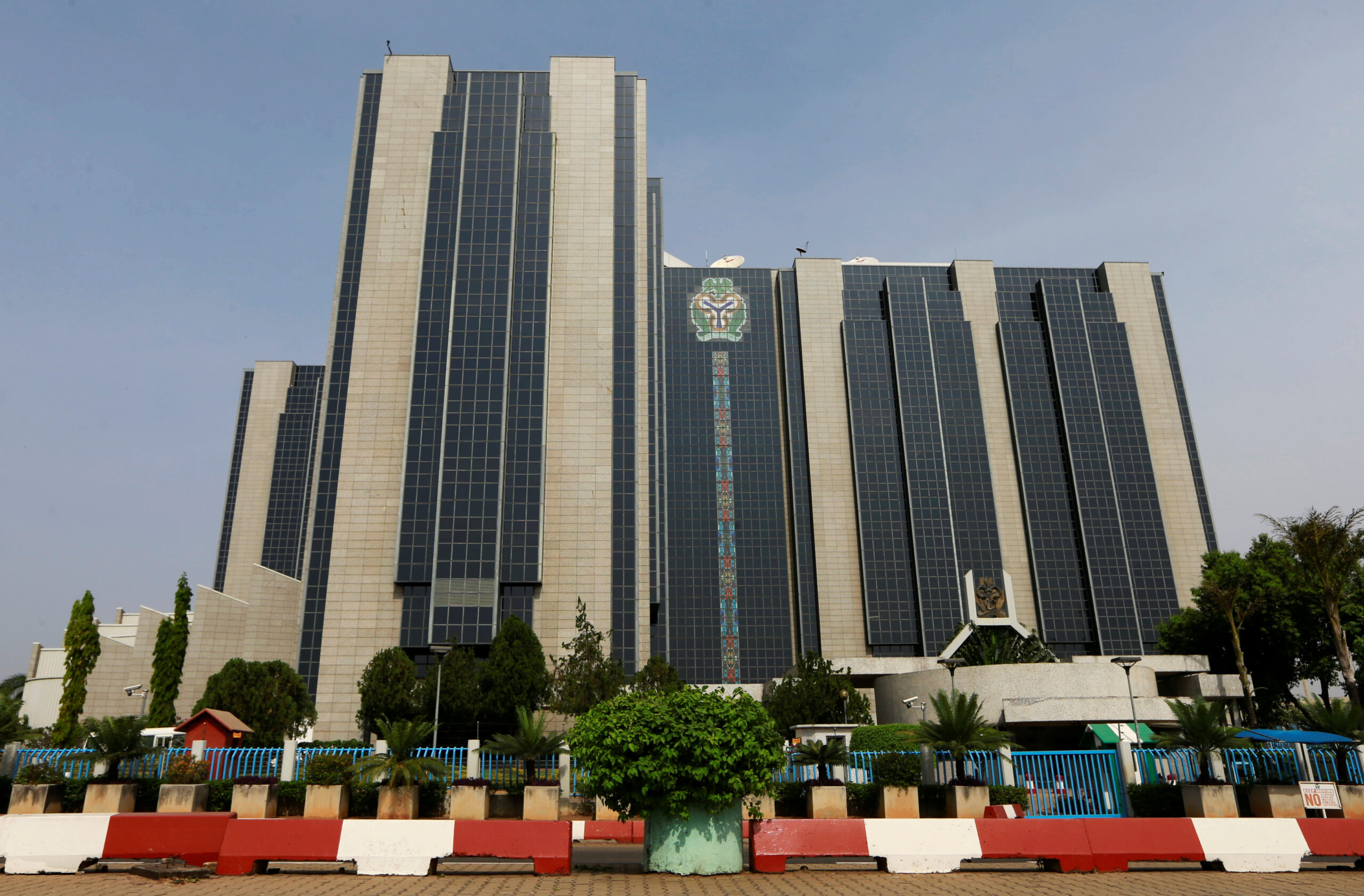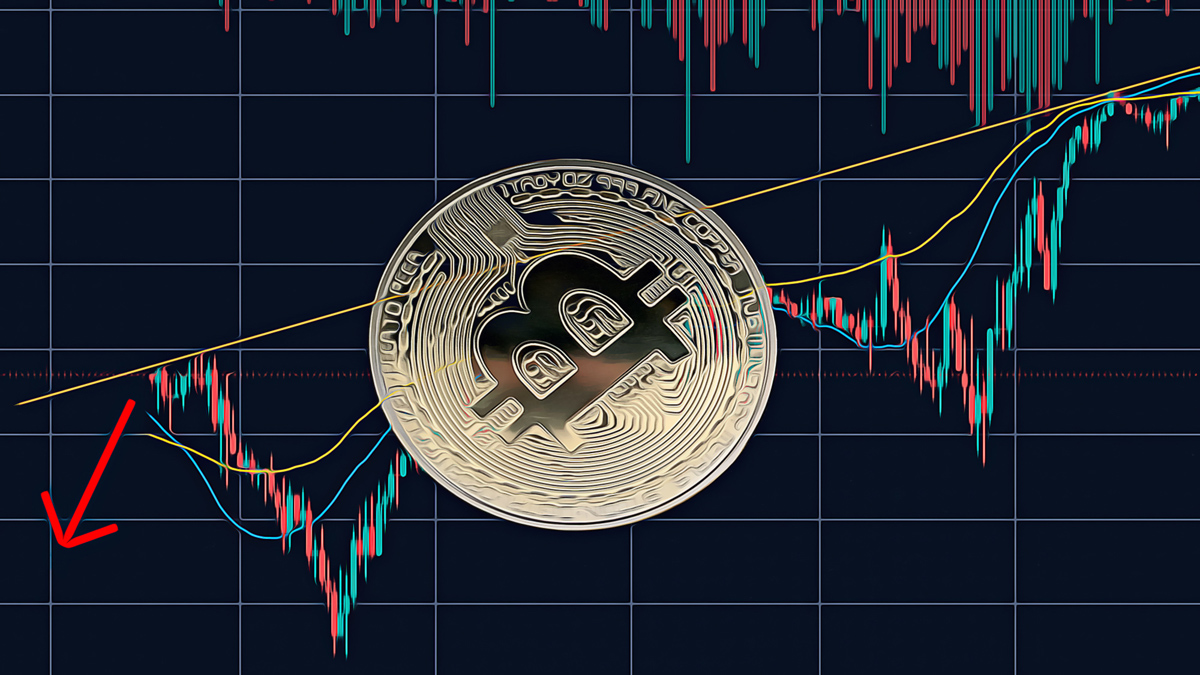The Central Bank of Nigeria (CBN) announced on December 22nd that it had lifted restrictions on banks in Nigeria facilitating cryptocurrency transactions. Following this decision, the crypto community anticipates intensified competition among crypto-fiat exchanges and peer-to-peer (P2P) markets. The CBN’s initial ban on crypto services for Nigerian banks had primarily boosted P2P investors.
How Will the Process Continue?
The aim of the ban was to eliminate the use of Bitcoin and cryptocurrencies in Nigeria. However, instead, the crypto community focused on P2P transactions or direct payment methods to each other.
To understand how the crypto sector and community have received this new development, Nathaniel Luz, co-founder and CMO of Flincap, stated that lifting the ban will be a significant plus for the industry. He mentioned that this step indicates that Nigeria is ready to host and operate crypto companies.
Luz noted that with the lifting of the ban, institutional exchanges need to prepare for the Nigerian market because the absence of these services during the ban dealt a serious blow to other crypto businesses. He made the following statement on the matter:
“Right now, crypto-fiat exchanges and P2P investors are battling for the world’s largest crypto P2P market, and the strongest will survive.”

Noteworthy Steps from Nigeria
In response to whether the obligation to register with Nigeria’s authority would deter exchanges from coming to do business in Nigeria, Luz explained that while obtaining the institutional license might be difficult for newcomers, he believes it will benefit the crypto sector.
The prominent figure discussed some changes in the Nigerian banking sector in 2010 due to the recapitalization policy. This move led to investors buying some banks, and some banks had to merge. These developments led to the improvement of the banking sector in the country.
In February 2021, the Central Bank of Nigeria had taken a notable step by banning all regulated financial institutions from providing services to crypto exchanges. However, the circular acknowledged that the increasing global demand and adoption of cryptocurrencies made it unjustifiable to continue the strict restrictions imposed on financial institutions in 2021.










